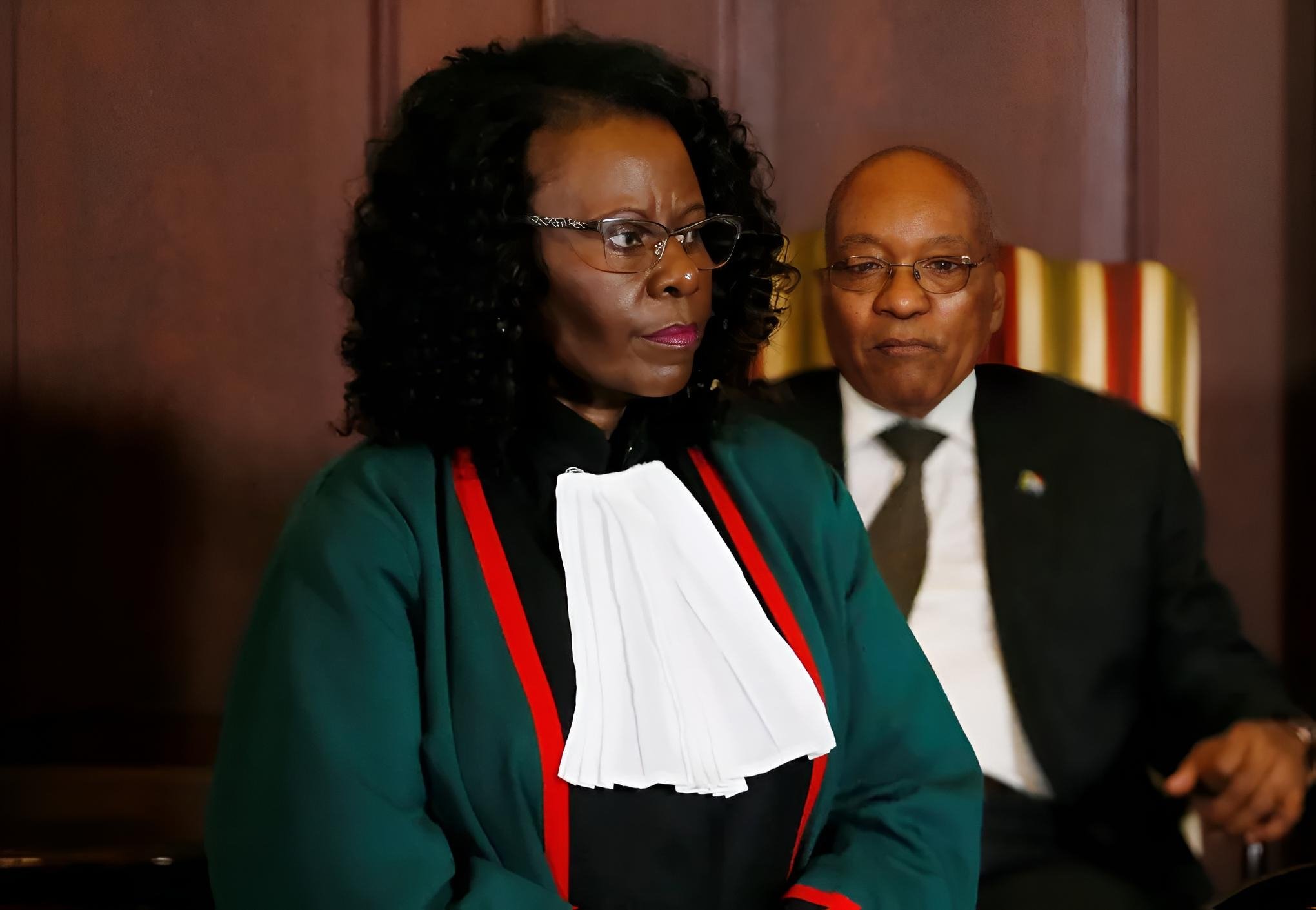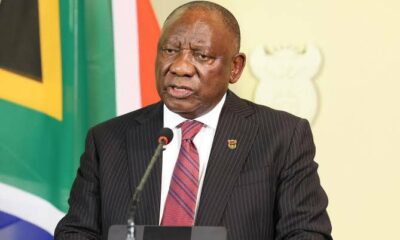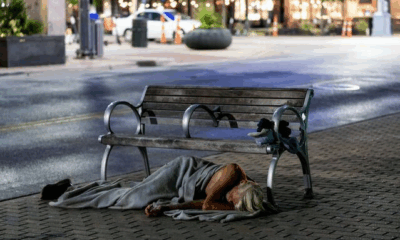News
False Start at Khampepe Commission as AfriForum Pushes for Equal Accountability in Apartheid-Era Crimes

A Faltering Start for the Khampepe Commission
The long-awaited hearings at the Khampepe Commission, established to probe alleged interference in the Truth and Reconciliation Commission (TRC) investigations, hit an unexpected snag this week. Proceedings stalled on Monday after the National Prosecuting Authority (NPA) raised an objection against evidence leader Advocate Ishmael Semenya, prompting calls for his recusal.
The commission, chaired by Justice Sisi Khampepe, was set up by President Cyril Ramaphosa in May as part of a settlement with the families of the Cradock Four, who have waited nearly four decades for justice. The families had demanded answers about why prosecutions linked to apartheid-era atrocities remain unresolved despite the TRC’s extensive work.
But instead of testimony and truth-seeking, the opening day ended early with the commission now adjourned until 26 November, when oral arguments on the NPA’s application will be heard.
The NPA’s Objection: Questions of Conflict and Process
According to the NPA, Advocate Semenya allegedly entered into a private arrangement with a colleague, reportedly in the presence of eight witnesseswithout consulting the NPA. The authority expressed concern about possible conflicts of interest, saying such issues must be clarified before proceedings can continue.
While the details remain murky, the objection highlights tensions within the process meant to revisit one of the most sensitive chapters in South Africa’s history: the incomplete justice left behind by the TRC.
AfriForum’s Intervention: “Equality Before the Law”
Adding a layer of controversy, AfriForum has entered the conversation, urging that all sides be held accountable for past crimes, including leaders of the ANC whose amnesty applications were denied by the TRC.
“The book of the past should be closed,” said AfriForum CEO Kallie Kriel, “but if it isn’t, then ANC leaders who didn’t receive amnesty must also face investigation, for the sake of equality before the law.”
The civil rights group cited two cases in its submission:
-
The 1985 landmine explosion that killed a woman and her two children.
-
The 1978 killing of a civilian by ANC insurgents, where AfriForum claims a suspect is still employed by the State Security Agency.
AfriForum also referenced the ANC’s 1980s bombing and landmine campaigns, which it says caused roughly 250 civilian deaths across racial lines.
While some critics accuse the organisation of attempting to “rewrite” the legacy of apartheid accountability, AfriForum insists its push is not about deflectionbut about legal equality, a principle it says the TRC and subsequent justice system failed to fully uphold.
Remembering the Cradock Four
The Cradock FourSicelo Mhlauli, Sparrow Mkonto, Fort Calata, and Matthew Goniwewere anti-apartheid activists abducted and murdered by apartheid security forces in 1985. Their case remains one of the most infamous examples of state-sanctioned brutality during apartheid.
Despite six suspects being identified in connection with the murders, the last surviving suspect died in May 2023, closing yet another door to formal accountability. For the families, the Khampepe Commission represents one of the final opportunities to uncover who obstructed justice and why prosecutions were delayed for so long.
The Bigger Picture: Truth, Justice, and the Uneven Road to Closure
The halting start of the Khampepe Commission underscores South Africa’s ongoing struggle to confront the unfinished business of its past. While the TRC was a monumental step toward healing, critics argue that it left deep gaps in accountability, particularly for politically sensitive cases.
For families like those of the Cradock Four, every procedural delay feels like another denial of justice. For others, like AfriForum, the question is about consistencywhether all perpetrators, regardless of affiliation, are subject to the same legal standards.
The coming weeks will determine whether the commission can overcome these early challenges and refocus on its true purpose: uncovering truth, ensuring justice, and providing long-overdue closure for victims and their families.
{Source: The Citizen}
Follow Joburg ETC on Facebook, Twitter , TikTok and Instagram
For more News in Johannesburg, visit joburgetc.com



























